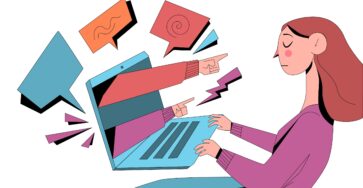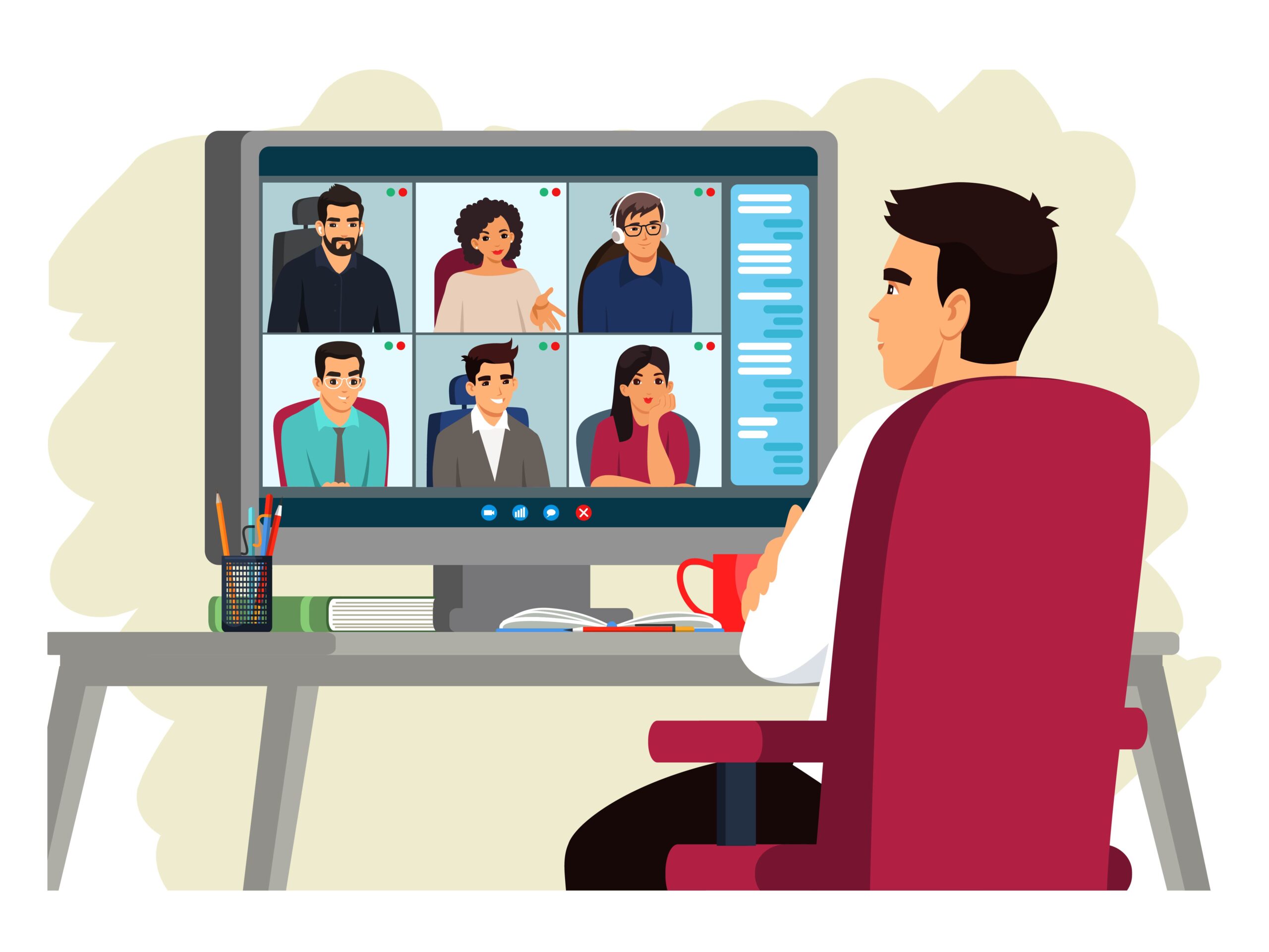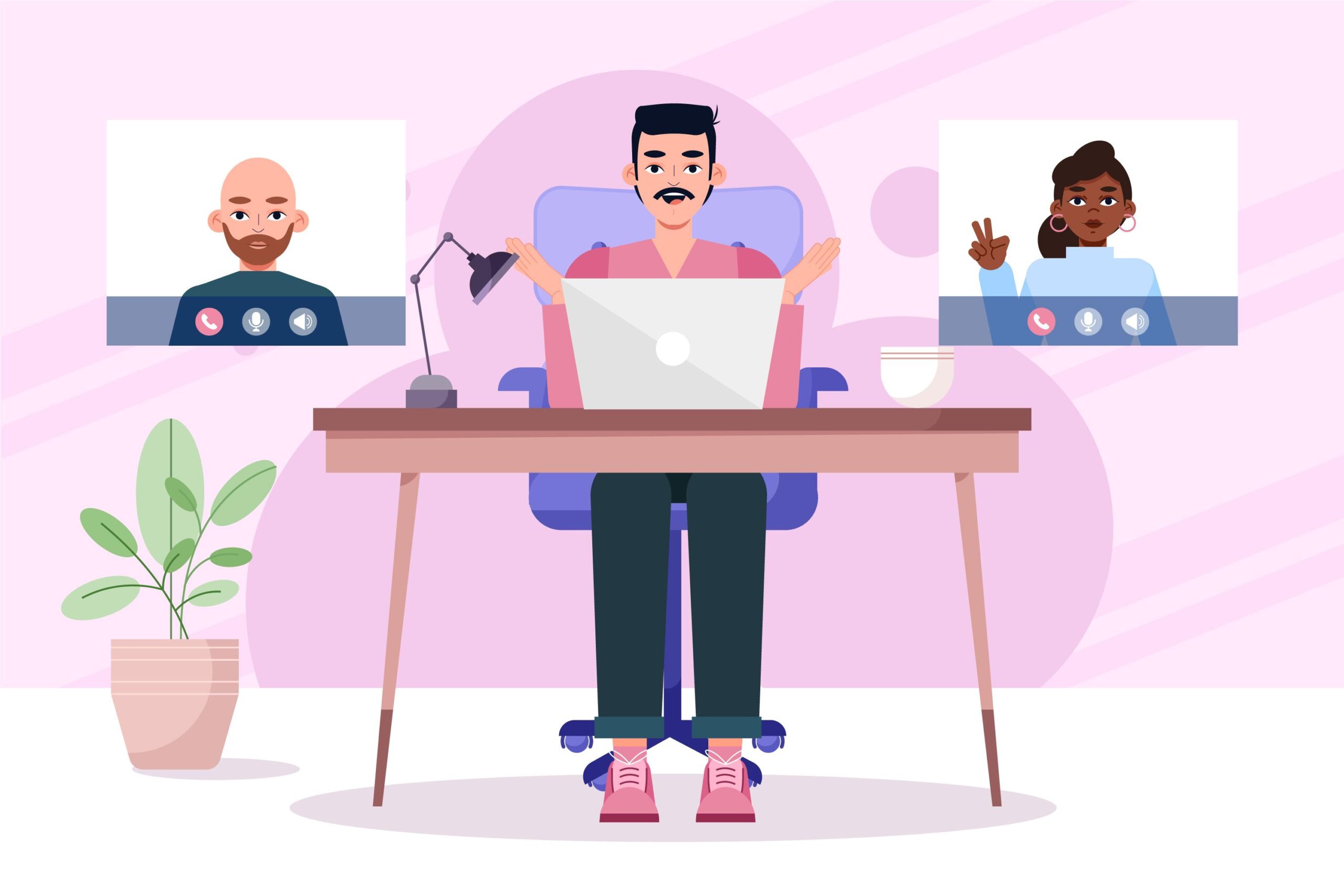Introduction
Self-plagiarism is an act of academic dishonesty that occurs when a student submits their own previous work as new, without properly citing themselves. This practice is deceptive and unethical, as it represents the work as original content when it is not. Not only does self-plagiarism cheat your readers, but it can also lead to serious consequences from your school or institution, such as a failing grade or expulsion.
Avoiding self-plagiarism is not difficult, but it does require some effort and vigilance on your part. First, make sure you understand the assignment guidelines before beginning any work. If you are unsure about what counts as self-plagiarism, ask your instructor for clarification.
Next, keep track of all the sources you consult during your research process, including both primary and secondary sources. When it comes time to write your paper, be sure to use proper citation and referencing techniques to avoid plagiarizing yourself.
Finally, use direct quotes sparingly in your paper, and make sure to paraphrase or rewrite your ideas in your own words to avoid accidentally copying text from another source.
By following these simple tips, you can avoid self-plagiarism and maintain academic integrity in your work.
What Is Self-Plagiarism.
The term “self-plagiarism” has been used since the late 1980s to describe situations in which an author reuses his or her own previously published work without acknowledging that it is recycled material. In some cases, self-plagiarism can be considered a form of academic dishonesty. It violates ethical norms and can result in consequences such as a loss of credibility, damage to one’s reputation, and even expulsion from school.
Self-plagiarism occurs when an author uses their own previously published work without providing any acknowledgement that they are doing so. This can take many forms, such as copying and pasting large sections of text from a previous paper into a new one without quotation marks or attribution, republishing a paper without significant changes, or submitting a paper to multiple journals simultaneously.
Self-plagiarism is often seen as a gray area, because it does not necessarily involve stealing someone else’s work. However, it is still considered unethical because it involves presenting old work as new and original. Additionally, self-plagiarism can lead to issues with copyright infringement if the author does not have the rights to reuse their own material.
Why Is Self-Plagiarism wrong
There are several reasons why self-plagiarism is considered wrong. First, it goes against the norms of academic integrity by presenting old work as new and original. Second, self-plagiarism can lead to issues with copyright infringement if the author does not have the rights to reuse their own material. Finally, self-plagiarism can also result in negative consequences such as loss of credibility and damage to one’s reputation.
Self-plagiarism goes against the norms of academic integrity for several reasons. First, when authors recycle their own work without providing any acknowledgement, they are misrepresenting their research as new and original when it is not. This is misleading to readers and undermines the trust that is essential to the scientific community. Second, self-plagiarism can give the impression that an author has less original research than they actually do, which can damage their reputation and credibility within the scientific community.
In addition to violating academic integrity norms, self-plagiarism can also lead to issues with copyright infringement if an author reuses copyrighted material without permission from the copyright holder. Copyright law protects intellectual property by giving authors exclusive rights to control how their work is used and distributed. When authors reuse their own previously published work without obtaining permission from the copyright holder (usually themselves), they are infringing on their own copyright and could be subject to legal action.
Finally, self-plagiarism can also result in negative consequences such as loss of credibility and damage to one’s reputation if they are caught recycling their old work without providing proper attribution. In some cases, self-plagiarism can even lead to expulsion from school or termination from employment. For these reasons, it is important for authors to be aware of the potential risks of self-plagiarism and take steps to avoid it.
What Are The Consequences Of Self-Plagiarism
The consequences of self-plagiarism can be divided into three main categories: academic, legal, and personal.
Academic consequences of self-plagiarism can include loss of credibility, damage to one’s reputation, and expulsion from school. In some cases, self-plagiarism can also lead to the retraction of previously published papers.
Legal consequences of self-plagiarism can include copyright infringement if an author reuses copyrighted material without permission from the copyright holder. Copyright law protects intellectual property by giving authors exclusive rights to control how their work is used and distributed. When authors reuse their own previously published work without obtaining permission from the copyright holder (usually themselves), they are infringing on their own copyright and could be subject to legal action.
Personal consequences of self-plagiarism can include feelings of guilt or shame, damage to one’s personal relationships, and job loss. In some extreme cases, self-plagiarism can even lead to suicide.
Self-plagiarism can have serious academic, legal, and personal consequences that authors should be aware of before recycling their old work. To avoid these negative outcomes, it is important for authors to understand what counts as self-plagiarism and take steps to prevent it.
How To Avoid Self-Plagiarism.
Understand The Assignment Guidelines
When you are given an assignment, it is important that you take the time to understand the guidelines. If you are unsure about anything, be sure to ask your professor or TA for clarification. It is better to ask upfront than to risk plagiarizing your work.
Keep Track Of Your Sources
As you are researching for your paper, it is important to keep track of your sources. This can be done by keeping a research journal or using a citation management tool like Zotero or EndNote. Keeping track of your sources will help you avoid self-plagiarism when you go to write your paper.
Use Proper Citing And Referencing Techniques
When you are citing and referencing other sources in your paper, it is important to use proper techniques. If you are unsure about how to properly cite and reference sources, there are many resources available to help you learn (e.g., the APA Style Guide). Using proper techniques will help ensure that you do not accidentally self-plagiarize.
Use Direct Quotes Sparingly
While direct quotes can be useful in supporting your ideas, it is important to use them sparingly. Overusing direct quotes can lead to patchwriting, which is a form of self-plagiarism. If you find yourself using too many direct quotes, try paraphrasing or summarizing the ideas instead.
Reword And paraphrase Your Ideas
When you are writing your paper, it is important to reword and paraphrase your ideas. This will help ensure that you are not accidentally self-plagiarizing. If you find yourself struggling to reword your ideas, try using a thesaurus or talking to a friend about how to say what you want to say in different words.
Conclusion
Can you self-plagiarize? The answer is yes – and it’s something you should avoid if you want to maintain your academic integrity.
Self-plagiarism occurs when you reuse work that you’ve already submitted for a previous assignment. It’s considered cheating because you’re essentially passing off someone else’s work as your own. Not only is this dishonest, but it can also lead to serious consequences, such as a failed grade or even expulsion from school.
Fortunately, there are some simple steps you can take to avoid self-plagiarism. First, make sure you understand the assignment guidelines before starting your research. Keep track of your sources so you can easily reference them later. When citing and referencing information, be sure to use the proper format. And finally, try to paraphrase and reword your ideas rather than directly quoting them.
By following these tips, you can help ensure that all of your work is original and plagiarism-free.








Leave a Reply